- Staffing is an important factor for successful healthcare management, requiring effective communication channels and career advancement opportunities.
- Patient care must be a priority, providing compassionate care and personalized attention to ensure a positive patient experience.
- Compliance with regulations such as HIPAA Privacy Rule, PSQIA, and Medicare Conditions of Participation is essential to maintain high-quality standards and protect patients’ well-being.
- Logistics helps with managing physical, financial, and personnel resources to ensure efficient operations.
- Budgeting is necessary to maintain financial stability and provide the highest quality of care for patients.
Managing a healthcare facility involves a lot of work, and making sure everything runs smoothly can be a daunting task. However, it’s the key to running a successful one. And healthcare management isn’t just about overseeing your employees and making sure everything runs according to plan; it’s also about seeing the welfare of your patients. Here are some essential factors to consider when managing a healthcare facility.
Staffing:
Your employees are the backbone of your healthcare facility. They provide the services that keep your facility operational, so staffing is critical to any successful healthcare management.
Hiring the right people who match your facility’s mission and values, providing them with adequate training and equipment, and ensuring they are working efficiently and effectively will lead to better patient care and employee satisfaction. To aid staff management, it is essential to establish good communication channels, create a fair reward system, and afford opportunities for career advancement.
This can be accomplished by setting up performance management systems and developing a comprehensive learning and development program.
Patient Care:
In the healthcare industry, exceptional patient care is the hallmark of a successful healthcare facility. Ensuring patient satisfaction is therefore important.
A positive patient experience can impact patient retention and revenue growth. And in the modern era, patients expect more than just medicinal treatments.
They demand compassionate care, personalized attention, and convenient healthcare. It is essential to create a patient-focused environment, listen and address their needs, keep them informed, and treat them with respect and empathy.

Compliance:
One of the most critical aspects of healthcare management is compliance. This means adhering to industry regulations and standards, and it’s essential for healthcare facilities. Regulatory bodies set up healthcare regulations to ensure high-quality standards and protect patients’ well-being. Here are some examples:
HIPAA Privacy Rule
The Health Insurance Portability and Accountability Act (HIPAA) Privacy Rule is an important regulation that all healthcare facilities must comply with. This rule provides a set of national standards for the privacy and security of patient health information.
It also outlines the rights that patients have to access their personal data and who can view it. HIPAA ensures that patient data is secured and protected from unauthorized access.
Patient Safety and Quality Improvement Act (PSQIA)
PSQIA is a federal law that protects healthcare professionals from being sued if they report patient safety concerns. It also promotes transparency in healthcare, encourages quality improvement initiatives, and supports the sharing of best practices.
Medicare Conditions of Participation
The Medicare Conditions of Participation (CoP) are healthcare regulations established by the Centers for Medicare & Medicaid Services (CMS). These regulations help ensure that all healthcare providers meet specific standards to ensure quality patient care. They cover areas such as facility policies, recordkeeping, patient safety practices, and more.

Logistics:
Logistical operations are the foundation of any successful healthcare facility. This includes managing the physical, financial, and personnel resources to ensure efficient operations.
Having a strong logistics plan helps keep track of expenses, optimize purchasing decisions, and streamline operations. It is essential to develop a system that provides real-time data on stock levels, supplier and equipment information, asset tracking, and more.
It’s also important that your facility’s medical equipment is consistently secured for future use. Thankfully, there is now medical device tracking software that can provide visibility and control of all equipment within the health facility. This can help you manage your inventory more effectively, prevent losses, and ensure optimal patient care.
Budgeting and Finance:
Managing finances is an essential part of running a successful healthcare facility. It is essential to create a realistic budget to match your healthcare facility’s goals and avoid unnecessary spending, taking into account expenses with long-term benefits. Here are some things any facility would need to budget for:
Medical Equipment & Medicines
The budget for any healthcare facility must also include the cost of medical equipment and medicines. These are essential tools in providing the highest quality of care for patients, and so they must be up-to-date and reliable. It is important to ensure that these items are regularly maintained and replaced when necessary so that your facility remains compliant with regulations and maintains high standards of care.
Utilities, Maintenance, & Insurance
Running a healthcare facility requires essential utilities such as electricity and water. This should be accounted for when budgeting. You’ll also need to factor in costs related to property maintenance, computer systems and networks, and insurance coverage.
Healthcare Workers’ Wages
Your healthcare workers’ wages should also be taken into consideration when budgeting. This includes the cost of hiring new staff, training, and development, and any other costs associated with providing a safe workplace environment for them.
Managing a healthcare facility requires deep knowledge, commitment, and the ability to balance workflows, lead employees, and improve patient care while handling regulations and finances. Given that the healthcare industry is complex and ever-changing, healthcare facility administrators and medical professionals must embrace these essential factors to ensure healthcare provision continuity and excellence as well as financial stability in the healthcare organization.






